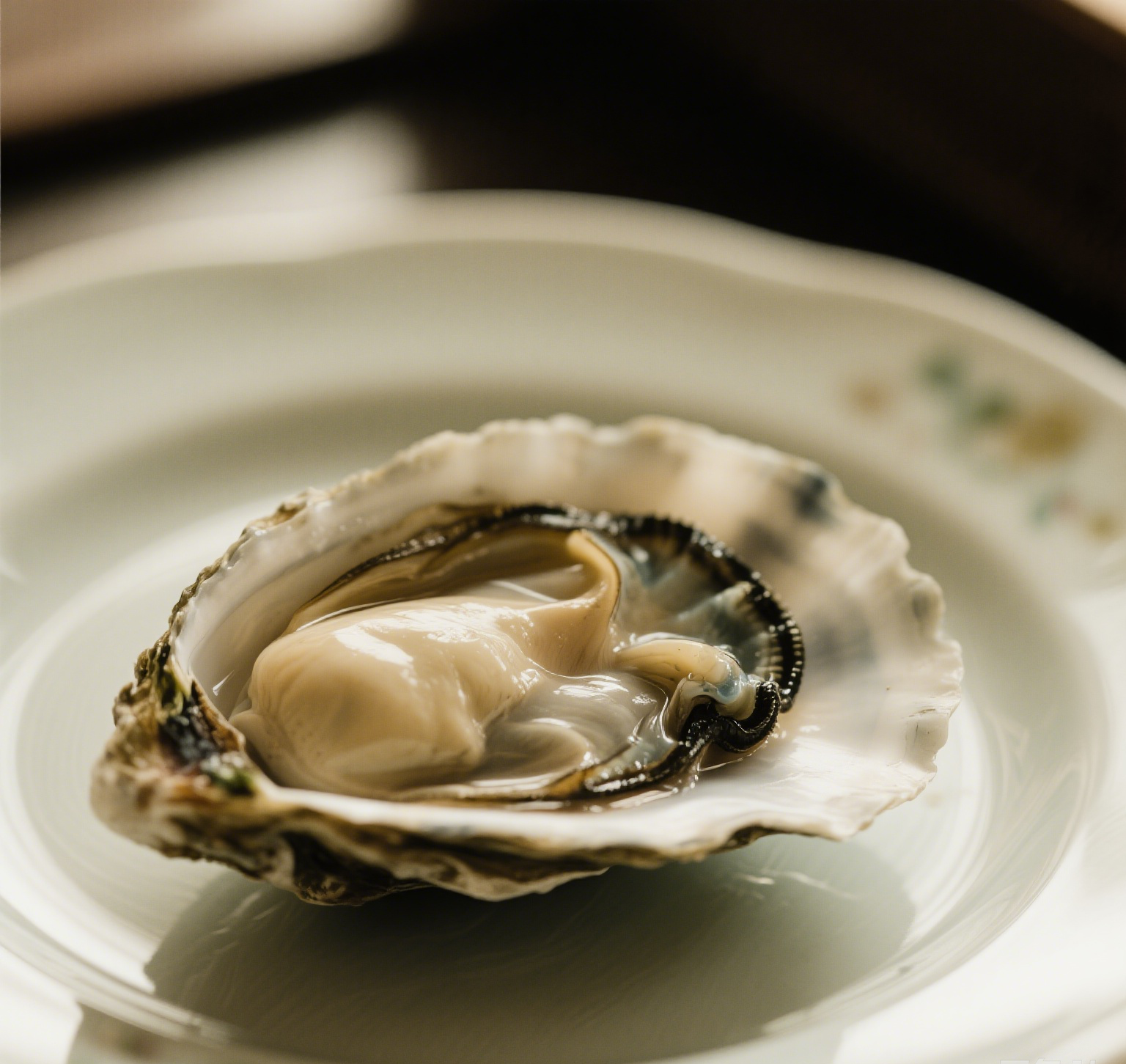Physical Address
304 North Cardinal St.
Dorchester Center, MA 02124
Physical Address
304 North Cardinal St.
Dorchester Center, MA 02124
Is Oyster Good for Health? (Spoiler: They’re Basically the Ocean’s Multivitamin)
Let’s address the elephant clam in the room: Oysters have a reputation. They’re either hailed as aphrodisiacs fit for Casanova or dismissed as slimy sea rocks. But beyond the lore and the “ew, raw?!” factor, oysters are nutritional powerhouses that might just be the closest thing to a superhero food. So, are oysters good for you? Short answer: Yes, and your body will write them a thank-you note. Let’s dive in (with a lemon wedge, of course).

Imagine if a vitamin bottle and the ocean had a lovechild. That’s your average oyster. These briny bivalves are jam-packed with nutrients, and here’s the kicker: A single 3-ounce serving of oysters has fewer calories than a rice cake (around 50 calories) but more nutritional clout than a kale smoothie. Let’s break it down:
Golden nugget alert: “Eating oysters is like swallowing the ocean’s resume. Spoiler: It’s very qualified.”
Let’s tackle the big question: Do oysters really put you in the mood? Science says… maybe. Oysters are loaded with zinc, which supports testosterone production, and they contain rare amino acids that might spark a hormonal boost. But let’s be real—if your date night hinges on shellfish, you’re probably overcomplicating things.
That said, there’s a reason Casanova reportedly ate 50 oysters for breakfast. Whether it’s placebo effect or pure protein power, oysters have a knack for making you feel like you’ve unlocked a secret life force.
If your heart could talk, it’d beg you to eat more oysters. Here’s why:
In other words, oysters do for your heart what a beach vacation does for your stress levels—minus the sunburn.
Forget Emergen-C. Oysters are the OG immune booster. That mountain of zinc we mentioned? It’s like a bouncer for your cells, kicking out viruses and bacteria. Studies show zinc can shorten colds and even help heal acne. So next time you feel a sniffle coming on, skip the pharmacy and grab a dozen on the half-shell.
Golden nugget alert: “Oysters: the only food that doubles as a flu shot and a fancy date-night accessory.”
Oysters are 50% protein by weight—more than chicken or beef—making them a lean, sustainable choice for muscle-building. They’re also rich in taurine, an amino acid that athletes use for recovery. Translation: oysters = gains, but make it glamorous.
Oysters are stuffed with B12, iron, and omega-3s, all of which are brain-boosting rockstars. Low B12 can lead to brain fog (ever walked into a room and forgot why? Blame your salad diet). Omega-3s, meanwhile, are linked to better memory and lower dementia risk. So, if you want to outwit your crossword nemesis, start shucking.
Oysters aren’t all sunshine and sea spray. Raw oysters can carry bacteria like Vibrio, so:
But fear not! The risks are low if you’re smart. As the old saying goes: “A well-chosen oyster is a happy oyster. And a happier you.”
Oysters aren’t just healthy—they’re eco-warriors. Farmed oysters:
So, eating oysters is basically like giving the planet a high-five.
If the thought of slurping raw oysters makes you squeamish, try:
Still nervous? Start with cooked dishes. As Julia Child once (probably) said: “A cooked oyster a day keeps the ‘ick’ factor away.”
Oysters aren’t just good for you—they’re stupidly nutritious. They’re low-calorie, high-reward, and packed with nutrients most of us lack. Plus, they’re sustainable, versatile, and guaranteed to impress at dinner parties.
So, next time you see oysters on a menu, channel your inner Poseidon and go for it. Your body, taste buds, and even the planet will thank you.
Golden nugget alert: “Life’s too short to eat boring food. Oysters: because kale chips will never give you this much street cred.”